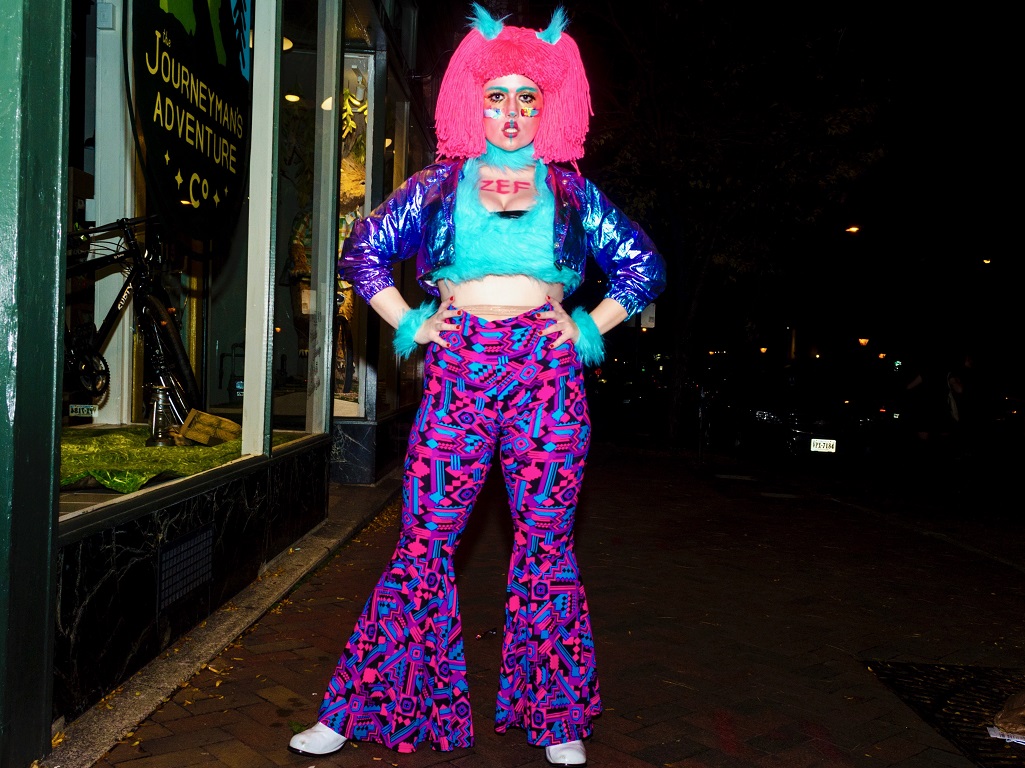Christopher Rufo, the far right activist who intentionally turned a college-level school of thought to examine social structures for systemic racism into a fear-mongering right-wing nationwide panic, is now focusing his attacks on LGBTQ people, by effectively...





